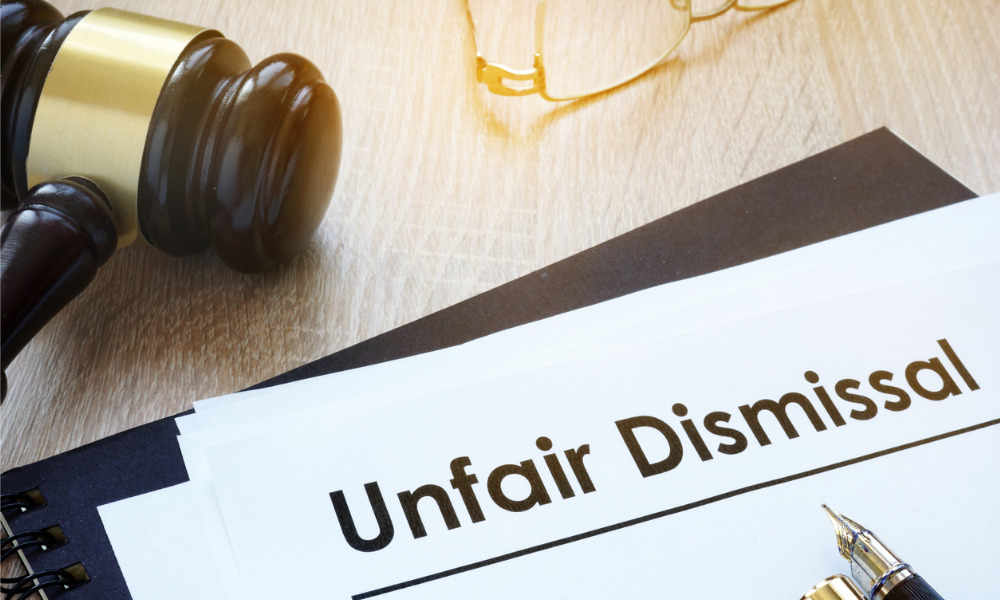
A recent Fair Work case clarifies the fate of the application

The Fair Work Commission (FWC) has recently dealt with an application for an unfair dismissal remedy where the employee died before its determination.
The application was already filed outside the required 21-day timeframe under the law but the FWC further discussed if there was “ a reasonable prospect of success” given the unfortunate incident.
The worker filed for relief for unfair dismissal, alleging that the termination of his employment was “harsh,” “unjust” and “unreasonable.”
In one of the forms submitted to the FWC, the worker was asked, “Are you making this application within 21 calendar days of your dismissal taking effect?” The worker answered “No” and explained the delay.
The FWC then scheduled the matter to determine if an extension of time should be granted to the worker to file his unfair dismissal application but in the morning of the scheduled directions hearing, the employer emailed the FWC notifying it that the employee “had sadly passed away the previous day.” The hearing continued with the employer confirming the information.
The FWC clarified the difference between the right to apply for a remedy and the right “to the remedy itself.”
In its decision, the FWC said that an “aggrieved employee” only has the right to make an application for a remedy for unfair dismissal and “not an entitlement to the remedy itself.”
It also said that the “right to apply for a remedy” has a “personal and discretionary nature” to an employee. Thus, it cannot be passed on to another person or transferred.
The FWC concluded that the worker’s passing “prevents the application from being either pursued or discontinued by another person.” Since the application cannot be continued by a colleague nor an heir, it has “no reasonable prospects of success.”
Thus, the FWC dismissed it. The decision was handed down on 15 February.